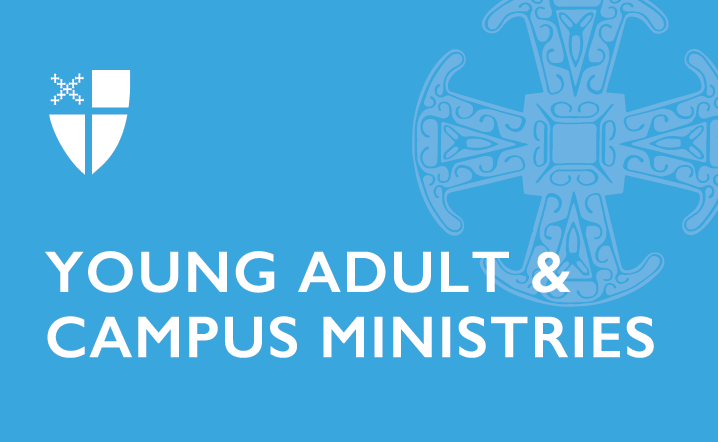UNCSW 2011: Transforming the Desert
by Michelle Sukup Jackson
We have all faced different temptations just like Jesus did in the desert. Well, maybe not just like Jesus. Our temptations differ from Jesus’: we’re not being tempted to turn stones into bread, or to rule all the kingdoms of the world. We could go through all the major temptations, gluttony, pride, anger…
For me one of the biggest temptations is to look at the world’s problems, or even our local problems and get discouraged by their enormity and my lack of power. If you’ve been to a wedding, ever, you’ve heard the 1 Corinthians verse “And now these three remain: faith, hope and love. But the greatest of these is love.” We’re called as brothers and sisters in Christ to love and care for each other, but in the midst of our busy lives of work, research, families, and friends, it’s tempting to look at the problems of the world and say ‘It’s too much’ and give up before we begin. The key though, is to do something, no matter how big or how small.
One of the traps I find myself falling into is wanting to ‘solve’ a problem, when that might not be how I may best be of service to others because sometimes the solution is bigger than me. Volunteering to build a house with Habitat for Humanity or by giving a sandwich or money to a person on the street won’t solve the national problem of homelessness and hunger, but it can help those individual people. I have to remind myself that while I can’t solve the big problems by myself, my contribution is still meaningful. To actually be a witness for the Kingdom of God, though, we must not act merely out of pity or guilt, but out of love.
We begin forming intentional relationships, not just with our family and friends, but also with people whom we may overlook due to distance in status, beliefs, or geography. In our zeal to reach out to people, we must take care not to pick and choose portions of the Bible to justify our actions without taking a critical look at the Bible as a whole. The overarching theme that has persevered through different authors and editors is the theme of love. God’s love for us, our love for God, and our love and support of each other as members of God’s church on earth.
In order to live out the commandment to love each other, we need to be in community with each other; we’re not supposed to be alone. We saw in Genesis that Adam needed a partner and found that partner in Eve. Unfortunately, people throughout history have used this creation story as justification for oppressing or discriminating against different groups of people. Recall what Adam says when God asks if he’s eaten from the tree…He blames the woman….And when God asks Eve about it, she blames the serpent.
This circle of blame is not the way we’re called into community with each other. When we love fully and completely, we don’t try to change others into versions that we can love, we love and affirm them for who they are: conservative or progressive, Greek or Jew, saint or sinner. We saw in the Psalm and Romans that we’re all forgiven and redeemed through the love and sacrifice of Jesus. In our agape-style love, we must work towards equality and justice for all people.
Presiding Bishop (or Super-Bishop) Jefferts Schori put this sentiment very eloquently in her book Gospel in the Global Village: ”The world is not reconciled as long as some live without—without food, good news, adequate housing, peace, clothing, education, or justice. The work of this church is to build a world of shalom that includes all those versions of God’s dream—adequate food, drink, housing, employment, health, education, equality, and the peace that comes only when true justice is present and available to all.”
We know we have the moral and spiritual imperative to fight for justice, and as I said, small things may seem like a mere drop of water in the desert when you’re doing them. When everyone is giving a drop or a cup of water, soon we have an oasis of peace and agape and we can transform the desert into fertile land where the love of God can grow.
Filed under: UNCSW

